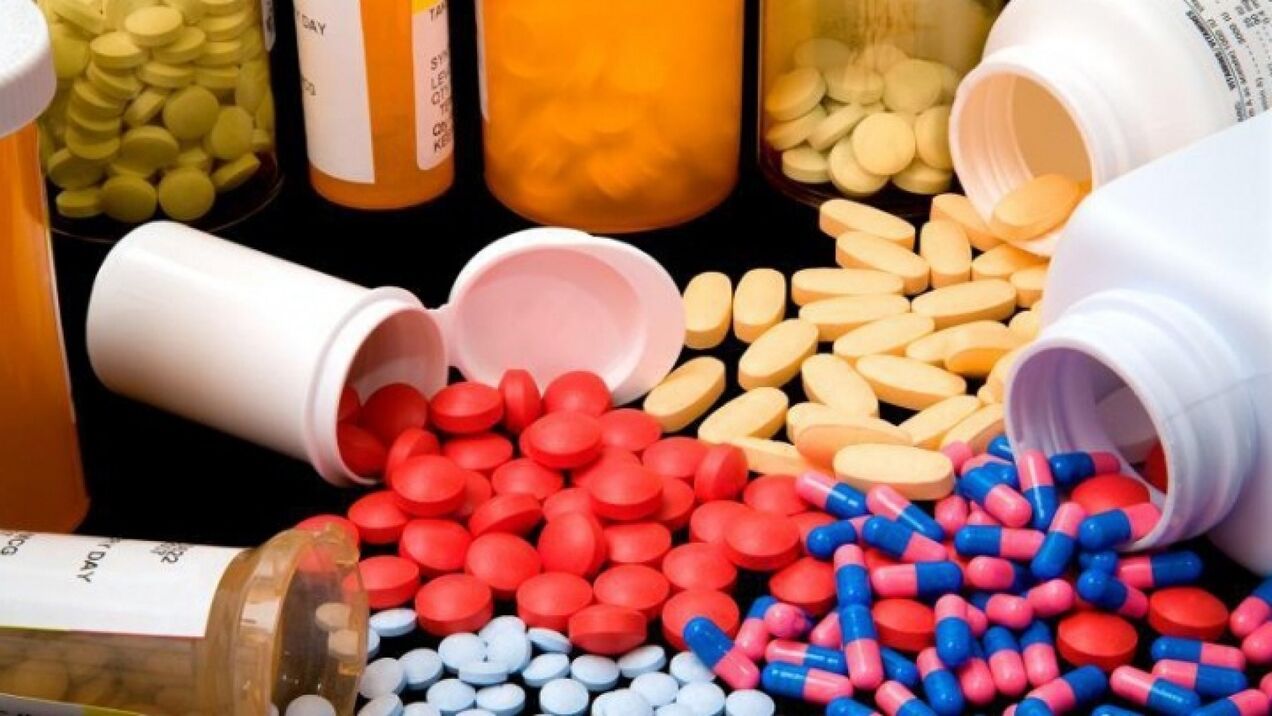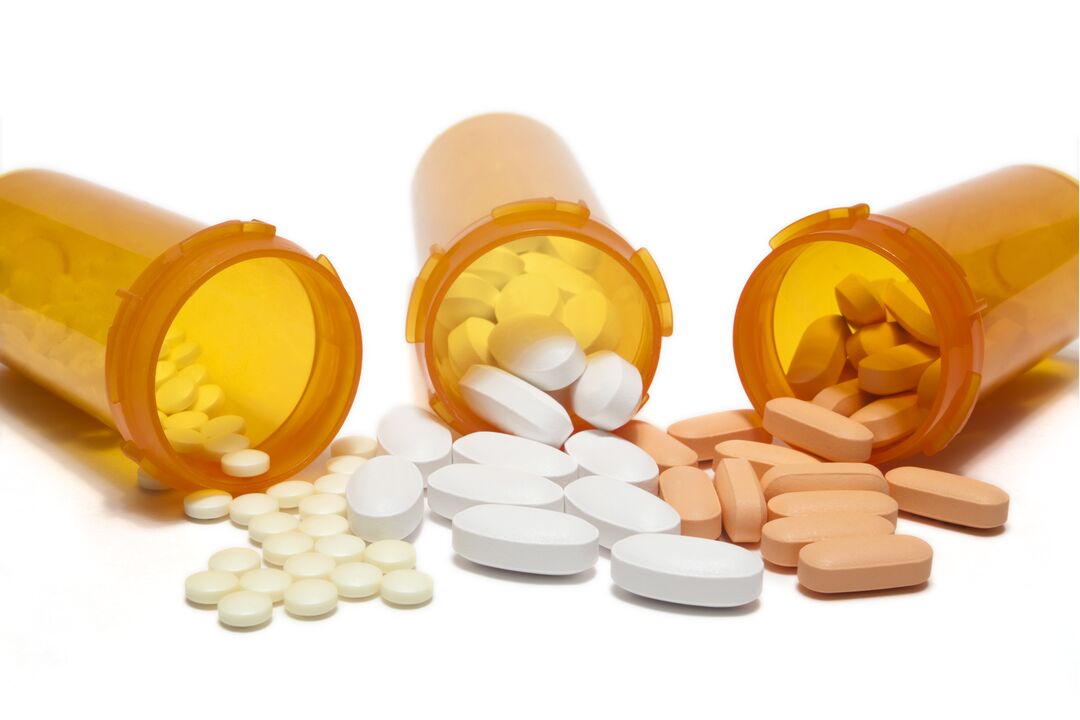Prostatitis is inflammation of the prostate. This disease belongs to men and mainly affects middle-aged and elderly men. Doctors choose effective treatment strategies based on the cause, course of the disease, and the patient's personality, and use antibiotics, drugs that inhibit the life activities of pathogens and accelerate the recovery of patients. Antibiotics for prostatitis are an effective means to eliminate the inflammatory process.
About the disease
According to the nature of origin, acute or chronic forms of prostatitis are distinguished. The source of acute prostatitis is infection, namely bacteria and viruses. The chronic form develops with hyperemia in the prostate area or the absence or ineffective treatment of the disease. Under normal circumstances, the disease will occur when local or systemic immunity is reduced. In some cases, it will become the main cause of male infertility.
Prostatitis is considered to be a rather complex disease, and its treatment is a long and continuous process. This is due to the particularity of the anatomical structure of male organs, and its complexity makes it difficult for certain drugs to penetrate. This contributes to the persistence of the infection and the long-term development of the inflammatory process.
At the same time, the effectiveness of treatment depends to a large extent on comprehensive methods, whose main task is to restore the original structure and function of the prostate. One of the treatment methods is the use of effective medications, including the use of antibacterial drugs-antibiotics. Many times, patients will ask themselves what antibiotics are they taking for prostatitis?
Benefits of antibiotic treatment
The use of antibiotics to treat diseases is considered to be one of the effective ways to combat pathogenic bacteria. Therefore, these funds are an indispensable part of the fight against this hidden disease.
Antibiotic therapy has two goals, one is to destroy the source of the disease, and the other is to eliminate the inflammatory process. In addition, the use of antibiotics can reduce the risk of secondary infections in non-specific prostatitis.

The antibacterial drugs for prostatitis are individually selected by the doctor according to the complaints of the patient and the results of laboratory examinations. Among them, the necessary ones are: urine and prostate secretions, as well as research on the sensitivity to antibiotics.
There is a misunderstanding that there is an effective antibacterial drug that can eliminate the inflammatory process and get rid of prostatitis. At present, a variety of antibacterial agents have been developed and put into production, and they can affect one or another type of pathogen.
Usually, the course of treatment prescribed by the attending physician lasts an average of 1-2 months. The main treatment method is the use of antibiotics to treat prostatitis, and antibiotics are selected individually according to the types of pathogens detected in the body.
Antibiotic group
It has long been proven that the treatment of prostatitis with antibiotics, no matter what group they represent, can quickly alleviate acute inflammation. However, before prescribing specific drugs, it is necessary to inoculate prostate secretions with bacteria to increase the pathogen's sensitivity to specific drugs.
In most cases, or when testing is not possible, doctors will prescribe broad-spectrum antibiotics. They can inhibit most of the germs and bacteria that cause infections. In any particular case, the treatment plan is individually selected, depending on the stage of the disease, the patient's individual tolerance, and the scope of action of the drug.

The following antibiotics are considered the most common and recognized drugs:
- penicillin. These funds have a strong antibacterial effect.
- Fluoroquinolones. Today, these funds are considered to be one of the highly effective drugs with a wide range of effects. These funds are used to treat chronic prostatitis, whose origin does not include the cause of tuberculosis. However, these drugs have high phototoxicity and neurotoxicity.
- cephalosporin. This group includes drugs that are injected intramuscularly and are very effective at the same time.
- Macrolides. Generally, the drugs in this group have high activity against many bacteria. They are low in toxicity and very effective.
- Tetracyclines. Because this group of drugs is difficult to tolerate, tetracyclines are not very popular.
You know, in order to quickly eliminate the inflammatory process, two or three antibacterial drugs need to be prescribed, especially the combination of fluoroquinolones, macrolides, and aminoglycosides is effective.






























